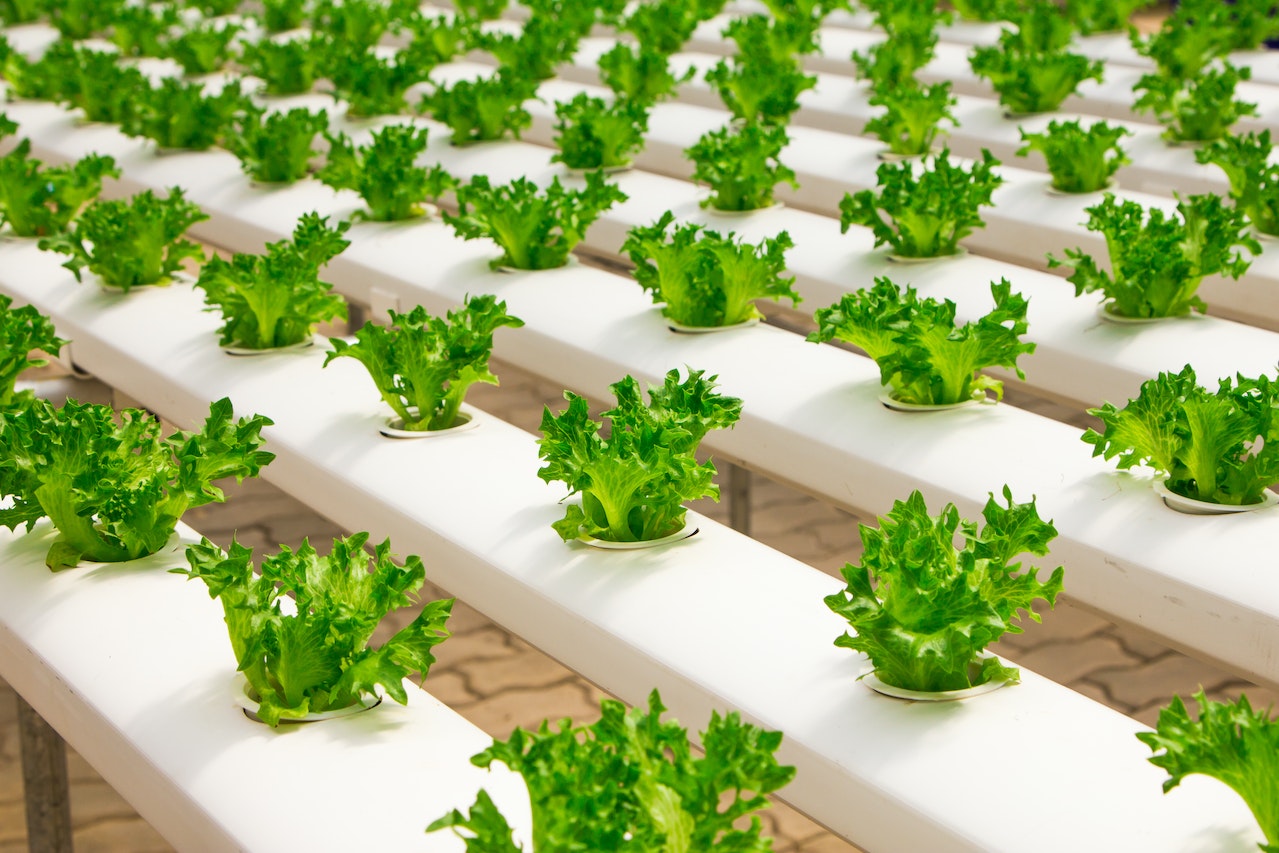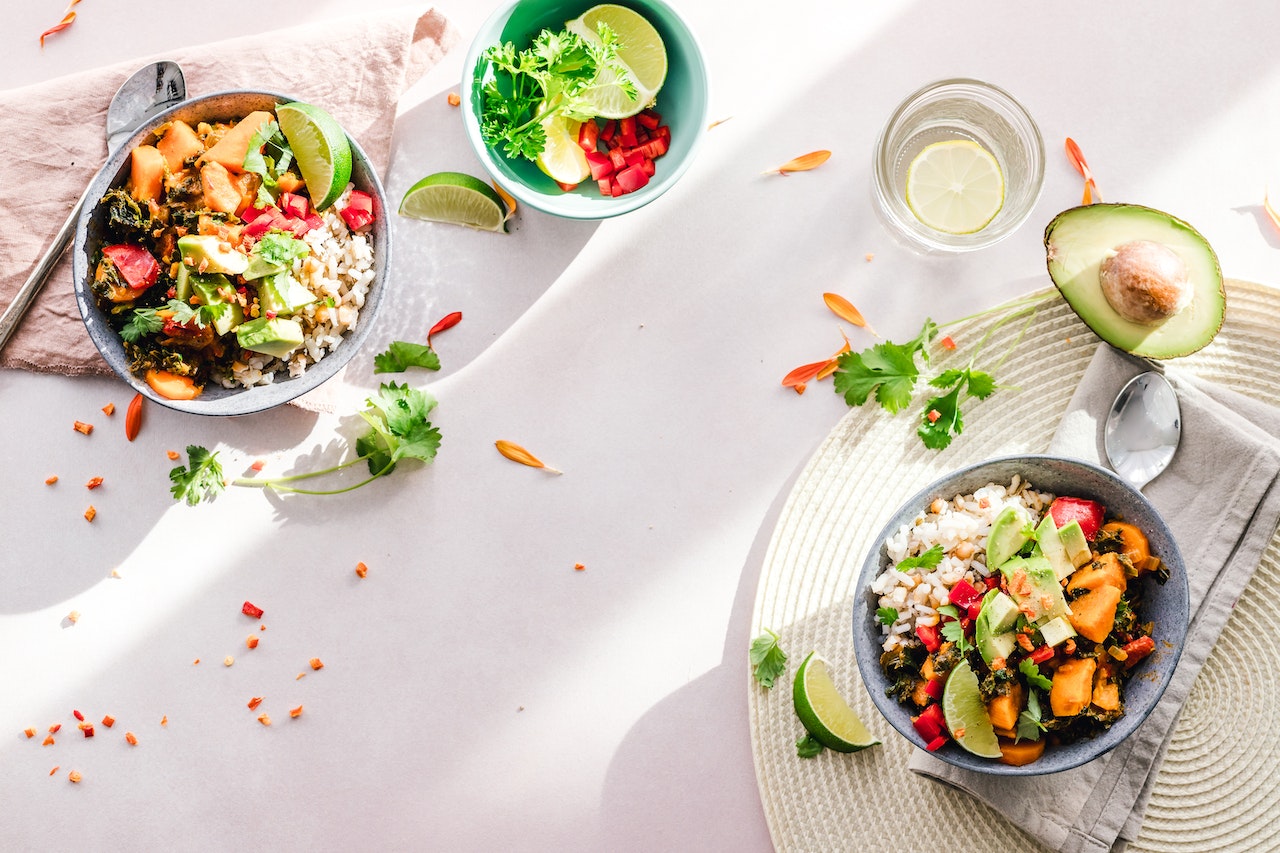Organic Food: Should You Eat More of It?
Organic food and products have taken center stage in the last few years. With the push for more natural, healthy swaps within daily routines and diets, an emphasis on using and eating primarily organic products has become a big mission many have embarked on. Additionally, walking through the produce aisle at the grocery store, you may find yourself torn between purchasing organic fruits and vegetables and why they are a bit more expensive than their conventionally produced counterparts. According to Statista, by 2021, $57.5B in organic food has been sold in the United States, a huge jump from only the $13.3B sold in 2005! Today, we wanted to take a closer look at what the organic label truly means and whether or not you should take the time and money to invest in the organic food movement that has overtaken stores and menus all over. Should you switch over to organic food? Let’s find out.
What is Organic?
Before we begin, we wanted to take some time to define what organic means to truly understand what it is and why it has become so popular recently. According to the USDA, organic is a labeling term that shows that food or other products have been produced using approved cultural, biological, and mechanical practices. These practices help to foster the cycling of resources, promote ecological balance, and conserve biodiversity within the food and in the growing environment. In addition, it is noted that synthetic fertilizers, sewage sludge, irradiation, and genetic engineering are not used within the growing process to ensure food is grown as naturally and environmentally conscious as possible.

While organic is an umbrella term, there are a few additional categories that fall under that pertain to additional practices that are followed when it comes to livestock products. These labels include:
Free-range - Free-range is a categorization that refers to the practice that chickens can roam freely outdoors rather than being confined within an enclosure 24/7.
Cage-free - Cage-free (typically related to eggs) is a label that refers to hens that can roam vertically and horizontally in indoor houses and have access to fresh food and water.
Natural - The natural label refers to food with nothing artificial or synthetic added to it (including all color additives regardless of source).
Grass-fed - The grass-fed label refers to the farming practice in which, after weaning, an animal’s source of food comes solely from grass or forage.
Pasture-raised - The pasture-raised label refers to practices in which animals have spent some time outdoors on a pasture, eating grass or forage.
Humane - The certified humane label refers to practices in which animals are raised with shelter, resting areas, sufficient space, and the ability to engage in natural behaviors.
Is Organic Food Healthier?
While organic food is produced in a much healthier way, Harvard Health notes that it doesn’t necessarily have a nutritional advantage over its conventionally produced counterparts. It’s noted that while these foods are healthier in terms of their lack of pesticides, pollutants, and other harmful chemicals/byproducts, their core nutritional value isn’t large enough to truly make a significant dent in your health goals. Additionally, it is noted that those who should make the switch over to more organically produced foods are those who are deeply concerned about the methods that go into food production, as well as those who can afford the heftier price tag that comes along with organic fruits, vegetables, meats, and other products, but you shouldn’t always feel the need to make the switch for all of the foods you eat.
If you’re looking to make the switch but don’t want to spend all of your money paying for the expensive price tag that comes with organic food, many note that produce such as strawberries, spinach, kale, collard and mustard greens, nectarines, apples, grapes, bell and hot peppers, cherries, peaches, pears, celery, and tomatoes (known as the Dirty Dozen) are items that will likely have the highest levels of pesticide residues that could be potentially harmful to your body and should be bought organic. On the other hand, though, fruits and vegetables with thicker skins or peals will likely have less pesticide residue on them, making them less likely to be worthwhile spending the money for the organic price tag.

Benefits of Eating Organic
Despite many noting that all organic food may not have incredibly different advantages from their more conventional counterparts, there are many benefits to eating organic produce that may help you with your long-term health goals and/or your environmental impact. For instance, Western Washington Medical Group notes that lower amounts of pesticides within organic food may help to benefit skin and allergies, especially in young children. Additionally, the University of Colorado, Boulder notes that by switching to a more organic-heavy diet, you could be ingesting an estimated 700 fewer chemicals! If you’ve been looking for a way to help the environment on a more personal level, eating organic may allow you to do that; organic farming ensures that farmers are conserving biodiversity on their farm and respecting animal welfare standards, helping to both benefit your body as well as the health of the environment!
Los Angeles’ Fresh Fruit Bounty: A Seasonal Guide
Dive into our seasonal guide to Los Angeles' fresh fruit. Learn when to find the juiciest citrus, the sweetest berries, and the most succulent stone fruit in the City of Angels.
Read MoreFish: A Superfood You Should Add to Your Diet
Seafood lovers, this one is for you! If there is one food that many people don’t realize is one of the best to eat (and is even considered a superfood!), it would have to be fish.
Read MoreSpring Ingredients and Dishes to Look Forward to This Season
With the new season upon us, there is much to be excited about! Warmer weather, sunnier days, and delicious new ingredients are some of the few wonderful things that spring brings each year.
Read More